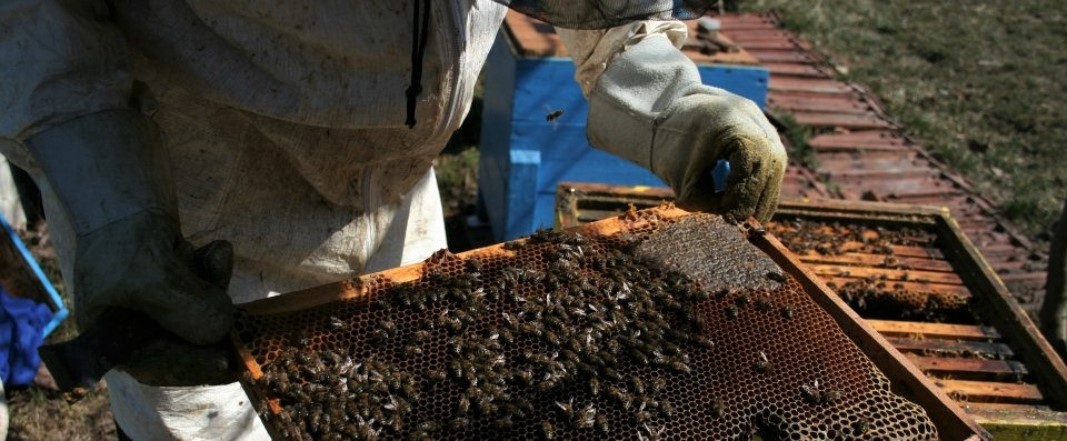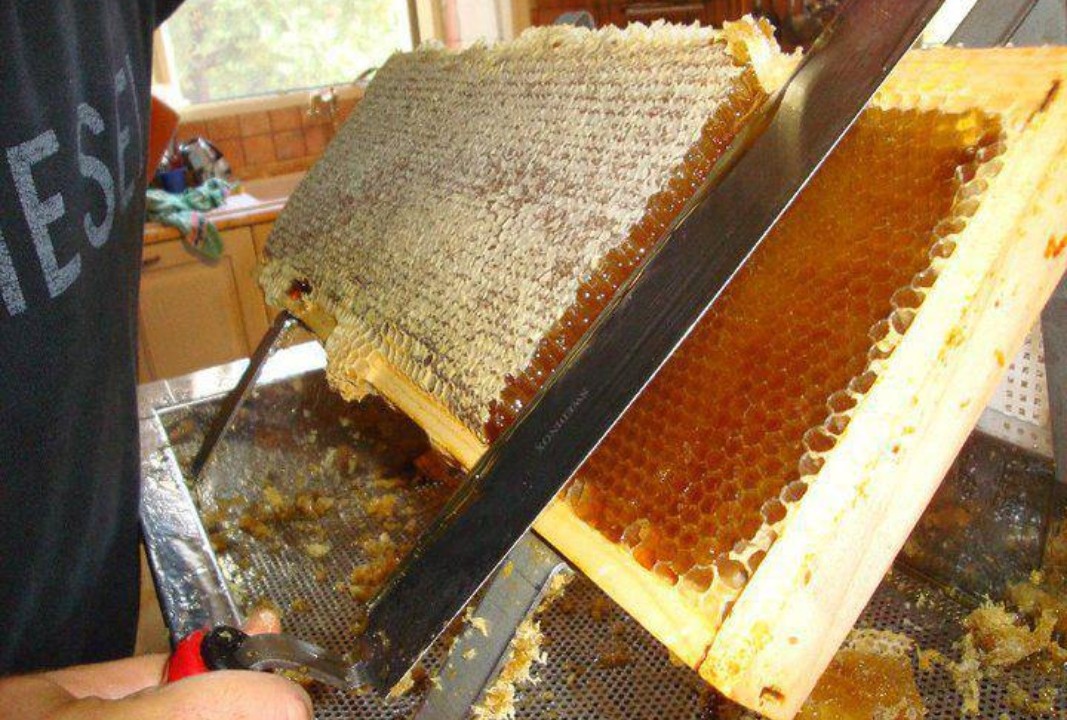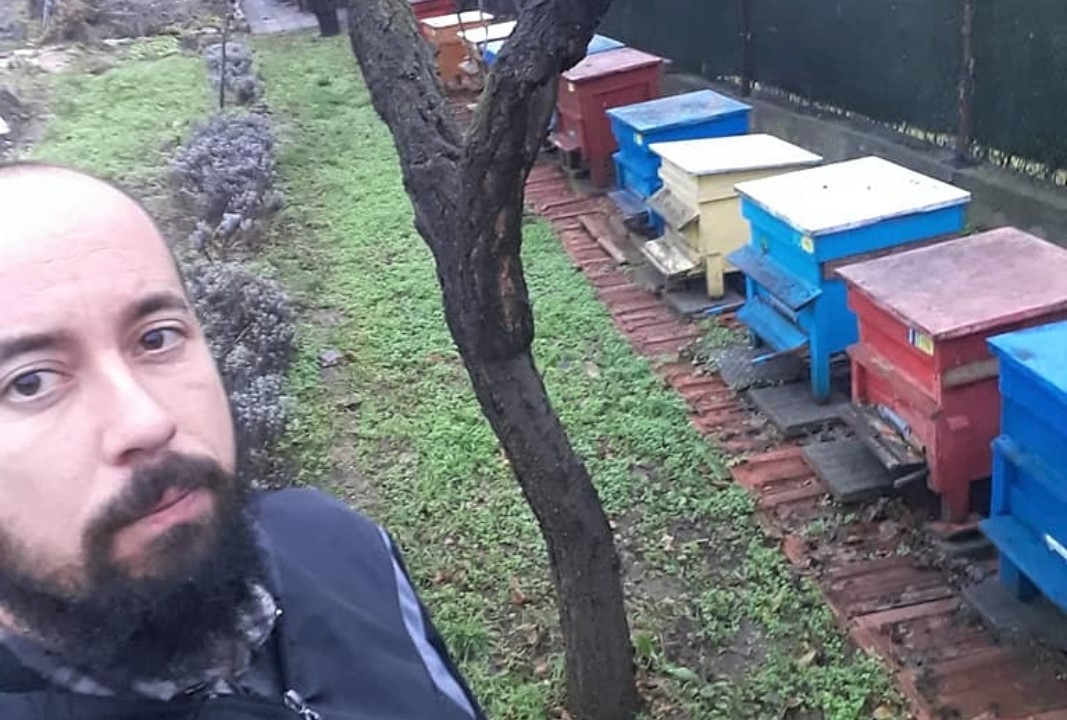The number of Bulgarians who devote themselves to beekeeping has decreased recently, because apiculture in this country is in a deep crisis. On February 10, when we honor the memory of Great Martyr Charalambos the Wonder Worker who is regarded the patron saint of bees and apiarists, we are trying to get to the root of the problem. On one hand, the uncontrolled use of pesticides leads to depletion of the honeybee population. On the other hand, the people employed in this sector need serious financial assistance and a state policy that treats beekeeping as a priority.
Last year, beekeepers in Bulgaria once again faced these problems, which continue to deepen:

“2020 was a very bad year for apiculture, which was due to at least two reasons- notes beekeeper Yavor Kirilov who inherited this business from his grandfather. - On one hand, this was due to the meteorological conditions. The spring was quite dry and the summer was cooler than normal. These two factors affected honey harvesting a lot. Secondly, the price of Bulgarian honey dwindled due to the import of duty-free honey from China and Ukraine. Moreover, this product sell on the local market as Bulgarian honey, which is ridiculous. Thirdly, the wholesale price of honey ranges from EUR 1.75 to EUR 2 per kilogram and the retail price of the product in Bulgaria fluctuates between EUR 4 and 7.50 per kilo.”

In Yavor’s view, the imports of honey from non-EU countries such as Ukraine and China can be restricted and these products should not benefit from the preferences of the EU market.
There is certain exception for Ukraine, because the European Union pursues a policy of supporting the Ukrainian economy. Beekeepers in Bulgaria are facing another significant problem related to the forthcoming amendments to the ordinance concerning the direct supply of small quantities of raw materials or food of animal origin.

“According to the amendments, beekeepers will able to sell their honey only in the area in which their apiary is registered. In other words, if you want to buy some Strandzha manna honey, you will no longer be able to get a delivery and have to travel all the way to this Bulgarian region to buy it. According to the same ordinance, each apiarist is allowed to sell up to 2 tons of honey per year only.”
The-high quality Bulgarian honey sells extremely well on the European market. Its unique taste and quality is due to the wide variety of herbs that grow in Bulgaria. Beekeeping has existed in Bulgaria for centuries. However, the attempts to change the existing conditions for production and marketing of honey and apiculture products have impeded the development of this subsector. That is why beekeeping is rather becoming a hobby, which allows apiarists to earn some extra money.

English version: Kostadin Atanasov
Photos: Facebook / Yavor KirilovShortly after the opening of the motorcycle season in Sofia at the end of March, Bulgaria's capital city will host the country's largest motorcycle exhibition . The event takes place from today until April 14 at Arena 8888 Sofia . Between 700 and..
Students and teachers from two educational companies of the National Commerce and Banking High School won awards at the global business competition Youth Business Summit 2025 – US , organized by the US Headquarters of Educational Enterprises, the..
Is it possible that "Virtues and Religions" will be included in the curriculum and will be mandatory from 2026? This is a debate that has seen different points of view expressed in the last few weeks. "The introduction of mandatory..
Looking and feeling your best doesn’t have to come at a high price — especially in Bulgaria. The country has become a rising star in beauty tourism,..
Residents and visitors to Sofia will have the opportunity to learn more about Bulgarian scientists working in Antarctica and their important role in the..
The prices of Easter goods are rising The Easter meal in the Balkan countries will be more expensive this year, BTA reports...

+359 2 9336 661
